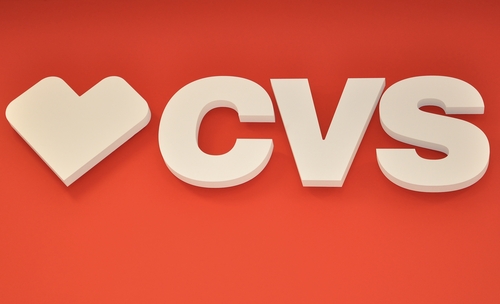



Get new exclusive access to healthcare business reports & breaking news




Just days after Walmart announced it was quitting CVS’ pharmacy benefit network for commercial and Medicaid managed care, the two parties have made up and negotiated a new deal.
Without disclosing the terms of the new deal, the two companies announced that they had reached a multi-year agreement on terms that will see Walmart remaining in the CVS Caremark pharmacy benefit management (PBM) commercial and Managed Medicaid retail pharmacy networks.
Derica Rice, President of CVS Caremark, the PBM business of CVS Health, said they were happy to have agreed on new terms with Walmart. “As a PBM, our top priority is to help our clients and consumers lower their pharmacy costs. This new agreement accomplishes our top priority and enables Walmart to continue participating in CVS Caremark’s commercial and Managed Medicaid pharmacy networks and provides enhanced network stability for our clients and their members.”
Walmart Health and Wellness Senior Vice President, Sean Slovenski described the terms of the new deal as “fair and equitable.”
Before the latest agreement, Walmart and CVS had reached a stalemate over pricing, prompting the former to threaten to quit the latter’s prescription network. Walmart insisted that it wanted to give its customers access to affordable healthcare, adding “but we don’t want to give that value to the middle man.”
According to an analyst, the stalemate could have affected about $4 billion worth of prescriptions.
With Walmart staying in the network, the CVS Caremark national pharmacy network will have nearly 68,000 participating pharmacies for members to choose from, including independently-owned, community-based pharmacies, other local pharmacies in grocery stores and mass merchants, as well as regional and national chains, a statement said.
Walmart and CVS Health have another agreement in place for the retailer’s participation in the CVS Caremark Medicare Part D pharmacy network. Walmart’s Sam’s Club division has an existing agreement to participate in the CVS Caremark pharmacy networks. Neither of these agreements would have been affected by this latest dispute between the two companies.
Resolving the dispute, Steven Halper, an analyst at Cantor Fitzgerald was quoted saying, would benefit CVS and its customers, even if the company had to pay Walmart, the world’s largest retailer, higher prices than it wanted.
“We believe including Walmart in its pharmacy network eliminates potential member disruption in the near term. Walmart has a significant presence in more rural settings, which could have been an issue for some employer and health plan contracts in the future,” Halper said.
The two companies had traded accusations over the pricing issue, with CVS accusing Walmart of trying to increase the cost of filling prescriptions by too much. On the other hand, Walmart claimed CVS was trying to move patients away from a key rival.
The Healthcare Dive website said that although the stalemate between the two companies involved less than 5 percent of CVS’ clients, it reflected the larger battle between PBMs and pharmacies over pricing and the role of middlemen. “It also comes as CVS slowly gobbles up Aetna, well on its way to solidifying itself as a retail pharmacy-PBM-insurance giant.”
Evercore ISI analyst Ross Muken, told Reuters that the speed with which the dispute was resolved “likely points to the negotiating strength of pharmacy benefit managers in contract discussions. Consumers historically move to where their insurance is accepted, and Walmart likely would have lost out on the estimated 15 million to 20 million prescriptions it receives from CVS customers.”
There is a precedent to that, the agency reported, pointing out that in 2012, Walgreens Boots Alliance and PBM Express Scripts, which is now part of Cigna, failed to agree to contract terms. “Walgreens sales fell as it stopped filling prescriptions for Express Scripts customers, and the two companies reached a new agreement in the middle of the year that put Walgreens back in its network.”
Once an obscure part of the drug pricing chain, PBMs have reportedly come under increased spotlight from Donald Trump’s administration. Last year, Seema Verma, an administrator of the Centers for Medicare and Medicaid Services, said PBMs’ roles as intermediaries between drugmakers and health plans was hurting patients.
“PBMs are serving two customers — being paid by manufacturers for getting on formularies and by plans for managing their drug benefit. This makes it unclear who they’re actually aligned with. The bottom line is that all of the incentives are lined up for manufacturers to set higher and higher prices,” he said at the time.
The Trump administration has vowed to lower the cost of prescription drugs.